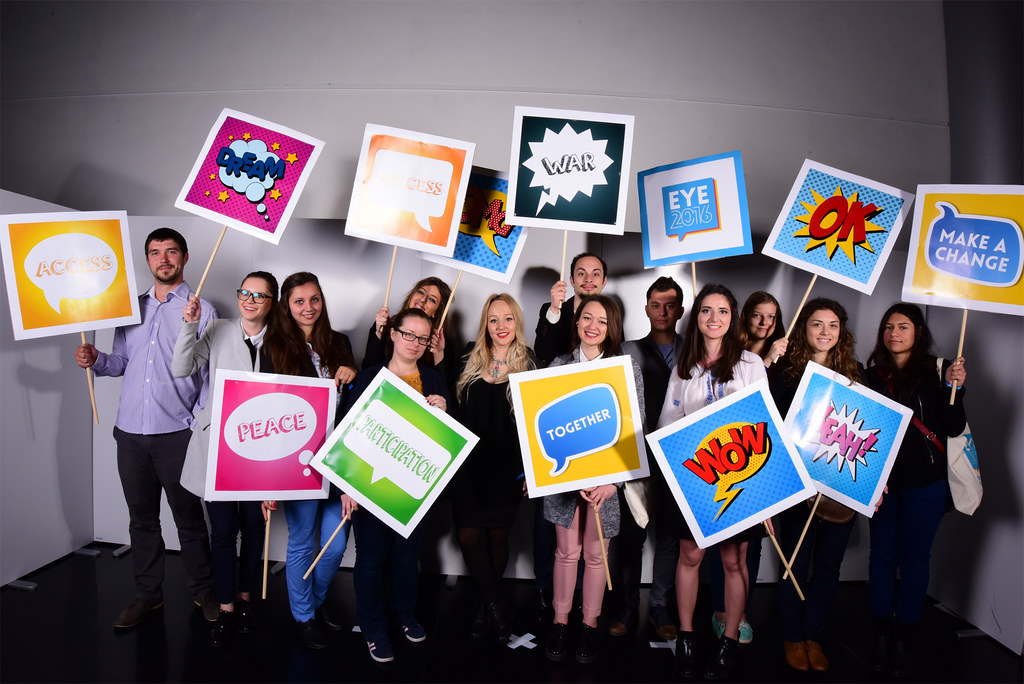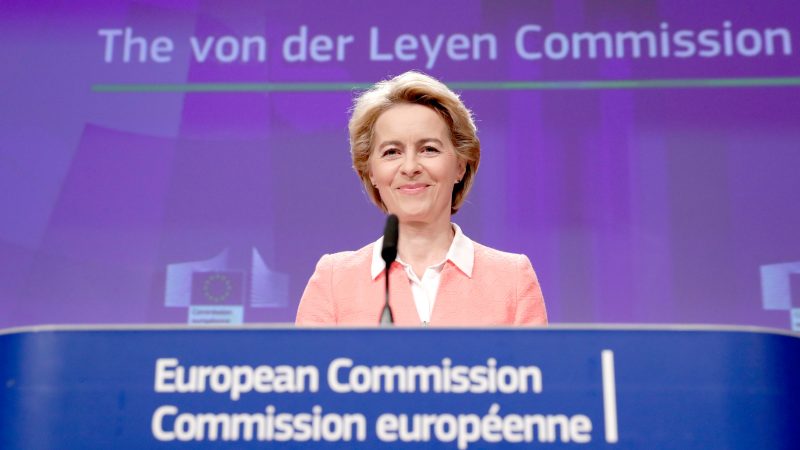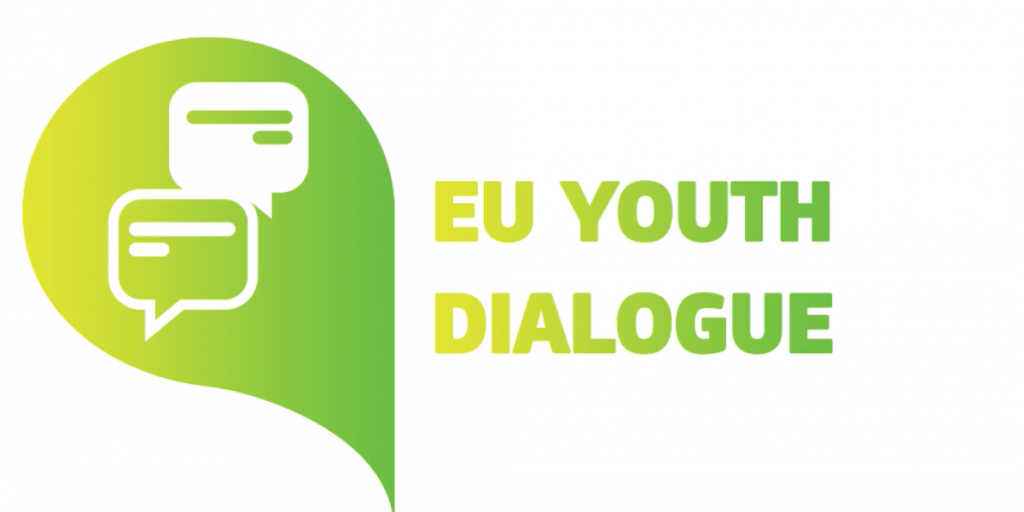
Erasmus + KA3: European Youth Together
European Youth Together is an action covered inside the Key Action 3 of the Erasmus + 2021 – 2027 programme.
The programme is made for organizations or institutions that have a project proposal related to European Youth. It lasts 2 years, and each applicant can only apply one time per year. The deadline for the application in 2021 ended on June 24th.
Who can apply?
Target applicants (coordinators) are mainly NGOs and Youth organizations. But they can also be foundations and educational institutions that work with EU youth topics.
For-profit organizations (small, medium and big) can also apply as partners. The two fundamental requirements are: working with EU youth and sharing EU values.
Applicant organizations and institutions should be involved with EU youth actions. They should include EU subjects, values and policies inside their activities.
Core values of the project are: environmental sustainability, inclusion and diversity, digital dimension and civic participation.

Basic steps to create European Youth Together projects
In order to submit the project proposal, organizations should follow some basic steps:
- Project identification and initiation. The first and most important phase is knowing the reality and situation of young people. The aim of the project should ideally be to find a solution to a real problem for European youth.
- Prepare, design and plan the general and specific aims and activities.
- Implementation and management of activities. Applicants must include specific requirements, reports and communication strategies.
- Project review and impact assessment. Evaluation of the performance and results.
Aims of the programme
The key goal is to work with EU youth. Specific aims related to the main objective are:
- Support European youth participation in sustainable youth activities and projects.
- Respond to the needs of European youth
- Building networks and partnerships with organizations of other Programme Countries. This includes: cooperation, exchanges, youth training and projects, which can be done online or physically.
- Follow the principles of the European Commission and Von der Leyen’s proposals.

Now, with the Covid-19 pandemic, European Youth Together has included some new actions. Due to the socio-economic crisis, youth education, working opportunities and the health situation has decreased significantly. In order to provide effective solutions EYT has reinforced the importance of solidarity and inclusiveness of EU youth. Some of the new goals also include: improvement of digitals skills and green actions.
Activities included in European Youth Together
All actions must be done in Erasmus + Programme Countries. Activities come hand in hand with the programme’s objectives listed above. In addition, there are some other actions that are part of European Youth Together.
One of the most important actions is the Youth Dialogue, which lasts 18 months. During the Dialogue specific programme’s tasks are decided. These must be done within some general action molds:
- Cooperating and creating partnerships
- Integrate EU frameworks, EU Commission’s principles and specific country recommendations inside the actions.
- Foster youth participation in democracy, society and civic matters.
- Help discriminated, marginalized and underrepresented youth sectors to participate in social, political and youth EU topics.
- Empower youth organizations and actions at local, national and regional levels.
- Create and develop mobility activities. These should spread awareness, youth ideas and debates, political proposals, active citizenship and social work. Using new methodologies is highly valued.

Criteria: Which projects will be accepted?
After writing and planning the project, applicants must send their application to the EACEA. The European Education and Culture Executive Agency (EACEA) is based in Brussels.
Accepted projects will receive a funding of 150.000 euros. There are some specific parameters which will be informed in the Grant Agreement.
There are four criteria that evaluate the projects. The minimum points are 60, but for each criteria organizations must score 15 points for each criteria.
Relevance criteria (30 points)
The main and specific objectives of the project must be done according to EU principles. Also, it should respond to real youth problems and propose sustainable solutions.
Quality design and implementation criteria (30 points)
The score depends on the methodology, planification and cost effectiveness of the project.
Quality of partnership and cooperation arrangements criteria (20 points)
Projects should be done with the help of partnerships. Geographic diversity, social work development and commitment are also taken into account.
Impact criteria (20 points)
Cooperation, participation of youth as well as dissemination are necessary for sustainability.
European Youth Together are not only specific youth programmes. All projects sum up to the same aim: empowering a solidaric European youth.
